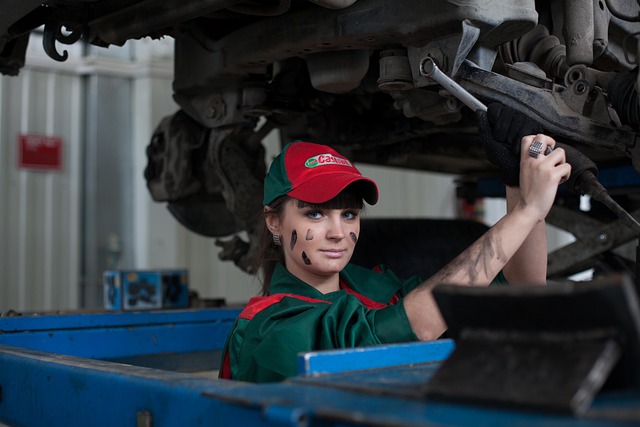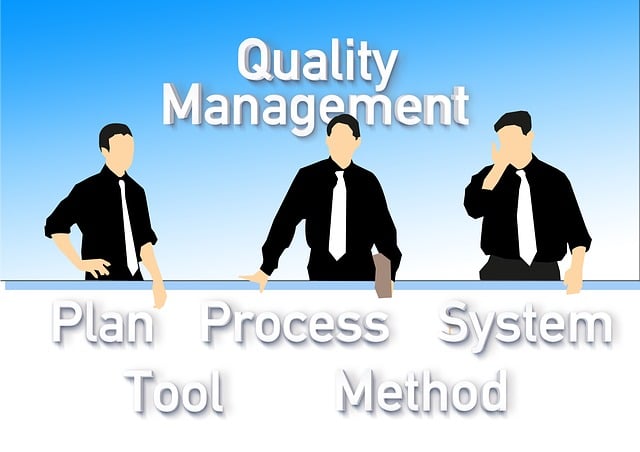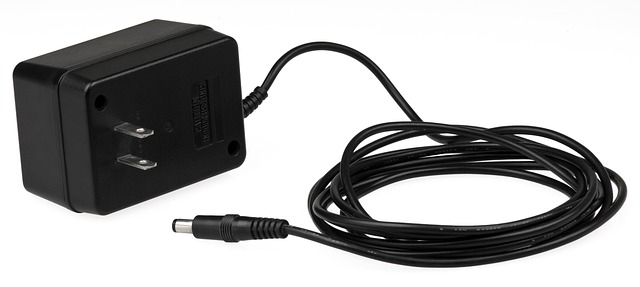Wart recurrence can be prevented by avoiding triggers (touching, friction), maintaining good hygiene, strengthening the immune system, and regular check-ups at a quality wart removal service. These steps, combined with proper post-removal care, are key to successful wart prevention and treatment.
Warts can be stubborn and recurring, but understanding how to prevent their return after removal is key. This guide offers a comprehensive strategy to keep those pesky bumps at bay. By delving into effective post-removal care, boosting your immune system, identifying triggers, and conducting regular check-ups, you can achieve long-lasting relief from warts. Remember, a quality wart removal service isn’t just about ridding yourself of warts; it’s also about learning to prevent them from coming back.
- Understand Wart Recurrence Patterns
- Follow Post-Removal Care Instructions
- Boost Immune System for Prevention
- Identify and Treat Potential Triggers
- Regular Check-Ups for Early Detection
Understand Wart Recurrence Patterns

Warts can be stubborn and may return after initial removal, often following specific patterns. Understanding these recurrence trends is a crucial step in preventing future outbreaks. Common triggers include touching or scratching the affected area, which can reintroduce the human papillomavirus (HPV) to healthy skin. Additionally, certain activities like sports or wearing tight shoes can increase friction and promote wart regrowth.
For those seeking effective prevention methods, considering professional help from a reputable clinic like a London wart clinic, Manchester wart clinic, or even local services in Cheltenham, can be beneficial. These clinics often offer advanced treatment options and expert advice tailored to individual needs, ensuring better control over wart recurrence.
Follow Post-Removal Care Instructions

After a quality wart removal service, proper post-removal care is crucial to prevent reoccurrence. It’s essential to follow the instructions provided by your healthcare professional meticulously. This may include keeping the treated area clean and dry, applying topical medications as advised, and avoiding certain activities or irritants that could trigger a return of warts. For instance, if you underwent private wart removal in Rotherham, your doctor might suggest avoiding harsh scrubs or chemicals near the treated site to minimize irritation and reduce the risk of viral reactivation.
Similarly, if you opt for private wart removal in Guildford, remember that good hygiene practices are paramount. Keeping your hands clean, refraining from touching the treated area, and wearing protective gloves when handling potential contaminants can all contribute to a successful recovery and prevent future wart growth.
Boost Immune System for Prevention

Strengthening your immune system is a powerful strategy to prevent warts from returning after removal. A robust immune response is key to fighting off viral infections, including those that cause warts. To boost your immunity, focus on adopting a healthy lifestyle. This involves maintaining a balanced diet rich in vitamins and minerals, especially Vitamin C and D, which are essential for immune function. Regular exercise is also vital; it helps reduce stress and improves overall health. Additionally, ensure you get adequate sleep as it allows your body to repair and rejuvenate, further bolstering your defense mechanisms.
Consider exploring natural remedies and supplements that may support immune health. For instance, some people turn to garlic, known for its antimicrobial properties, or Echinacea, which is often used to strengthen the immune system. However, before trying any over-the-counter wart treatments like those available in private wart removal Doncaster or Bradford clinics, consult a healthcare professional to ensure safety and effectiveness. A quality wart removal service should also provide guidance on post-removal care, emphasizing the role of a healthy immune system in preventing future wart recurrence.
Identify and Treat Potential Triggers

Identifying and addressing potential triggers is a crucial step in preventing warts from returning after removal. Warts are often caused by the human papillomavirus (HPV), which can be transmitted through direct contact with infected skin or surfaces. Regularly visiting a reputable private wart removal Birmingham or Salford wart clinic, for example, allows healthcare professionals to monitor your skin and provide tailored treatments. They can also help identify and mitigate potential triggers like weakened immune systems, certain skin conditions, or recurring exposure to HPV through personal hygiene practices.
Additionally, maintaining good hygiene habits, such as keeping hands clean and avoiding contact with infected individuals or surfaces, can significantly reduce the risk of wart reoccurrence. If you have a history of warts, it’s essential to be extra vigilant. Regularly inspect your skin for any unusual growths and consult a specialist at a Liverpool wart clinic if you notice any new or recurring warts. By taking proactive steps to manage potential triggers, you can enhance the effectiveness of wart removal treatments and minimize the chances of future outbreaks.
Regular Check-Ups for Early Detection

Regular check-ups are an integral part of preventing recurring warts after their initial removal. It’s recommended to schedule routine appointments with a healthcare professional, especially if you’ve had persistent or recurrent skin wart issues in the past. Early detection is key; regular visits allow for the identification of any new or returning warts at their earliest stages. This proactive approach enables prompt treatment, minimizing the chances of them spreading or causing further discomfort.
For those seeking a reliable solution, considering a private wart removal service like those available in Essex, Southend-on-Sea, or Canterbury can be beneficial. These specialized services offer efficient and safe methods to eliminate warts, ensuring fast relief and reducing the risk of future occurrences. With expert care, you can maintain healthy skin and bid farewell to unsightly warts for good.
Preventing warts from returning is key to maintaining healthy skin. By understanding recurrence patterns, adhering to post-removal care instructions, boosting your immune system, identifying and treating potential triggers, and scheduling regular check-ups, you can significantly reduce the likelihood of warts returning. For those seeking a reliable solution, a quality wart removal service offers professional expertise and personalized treatment options.
